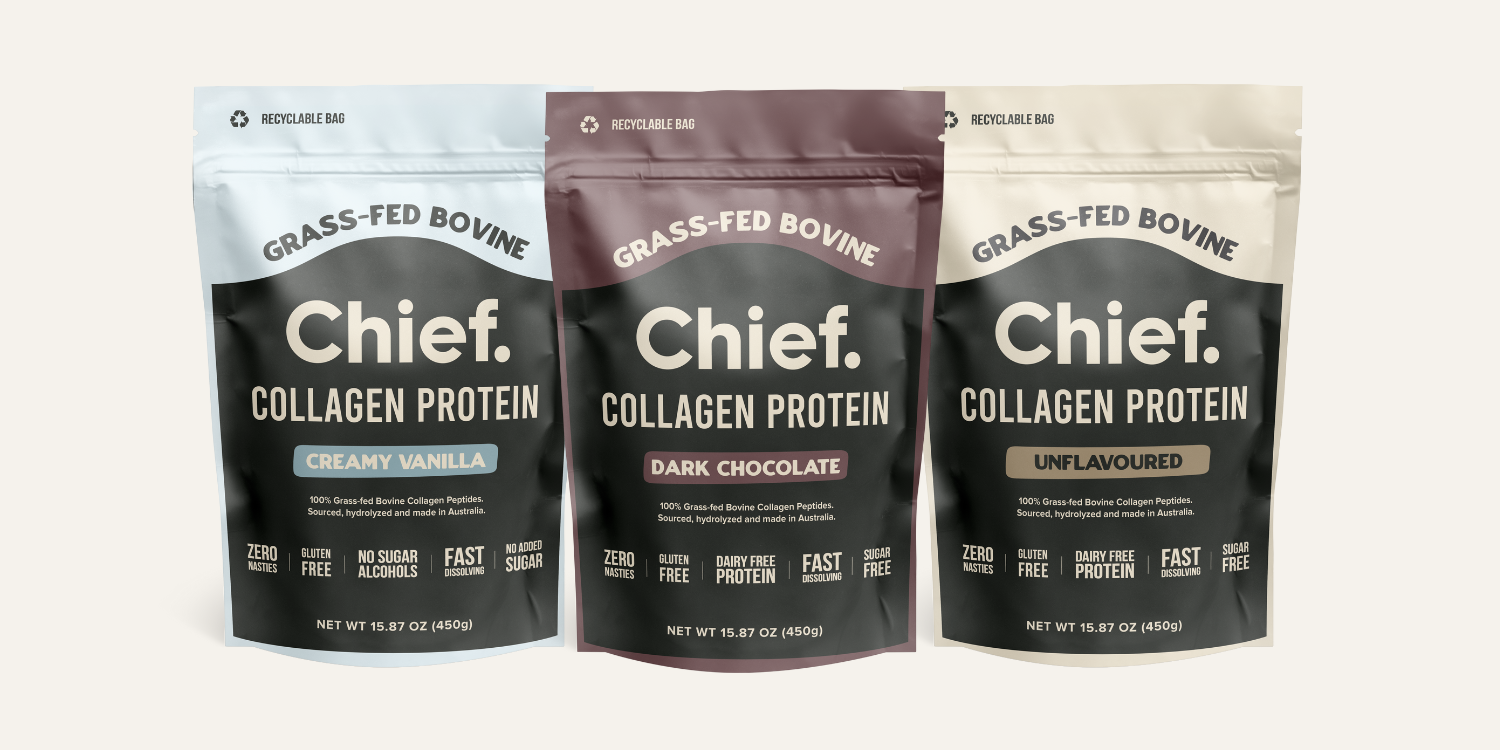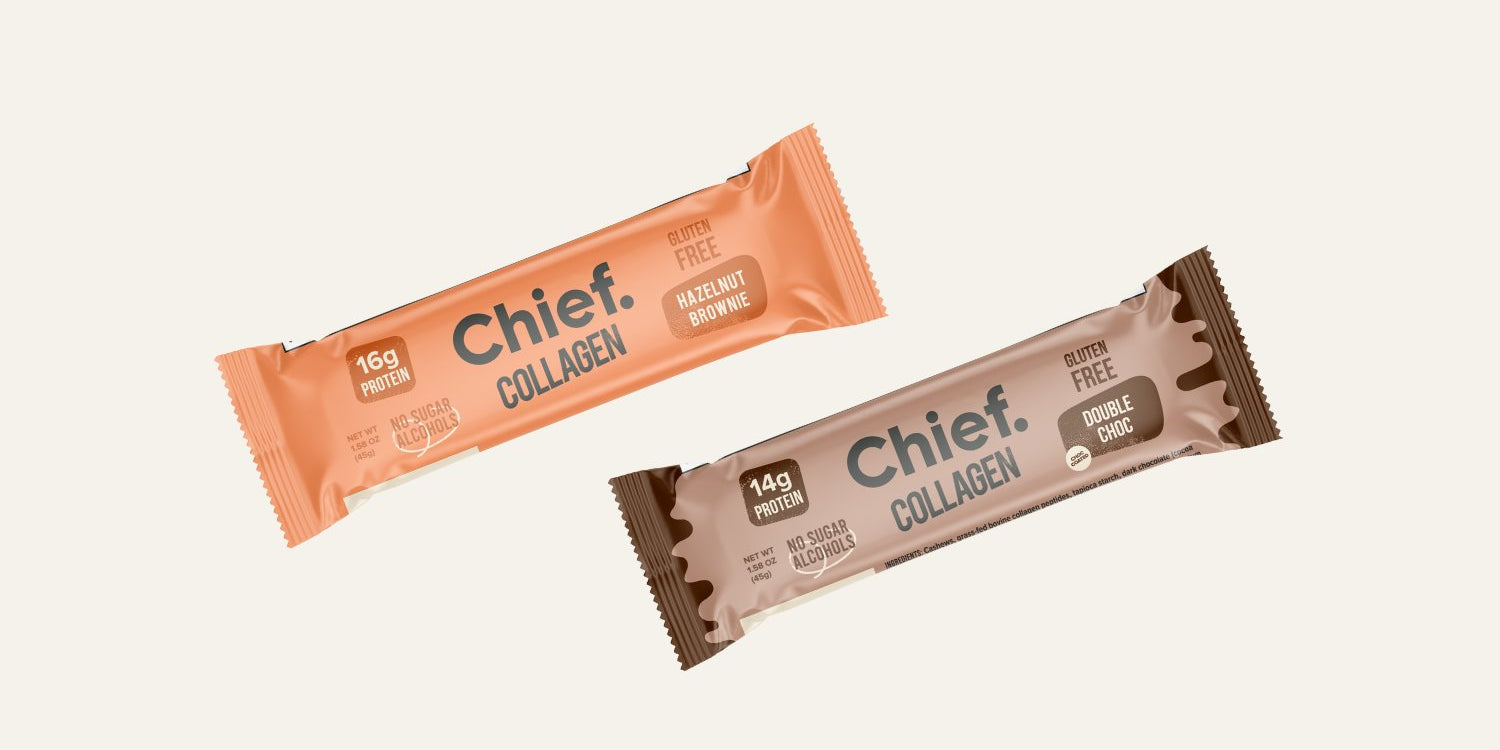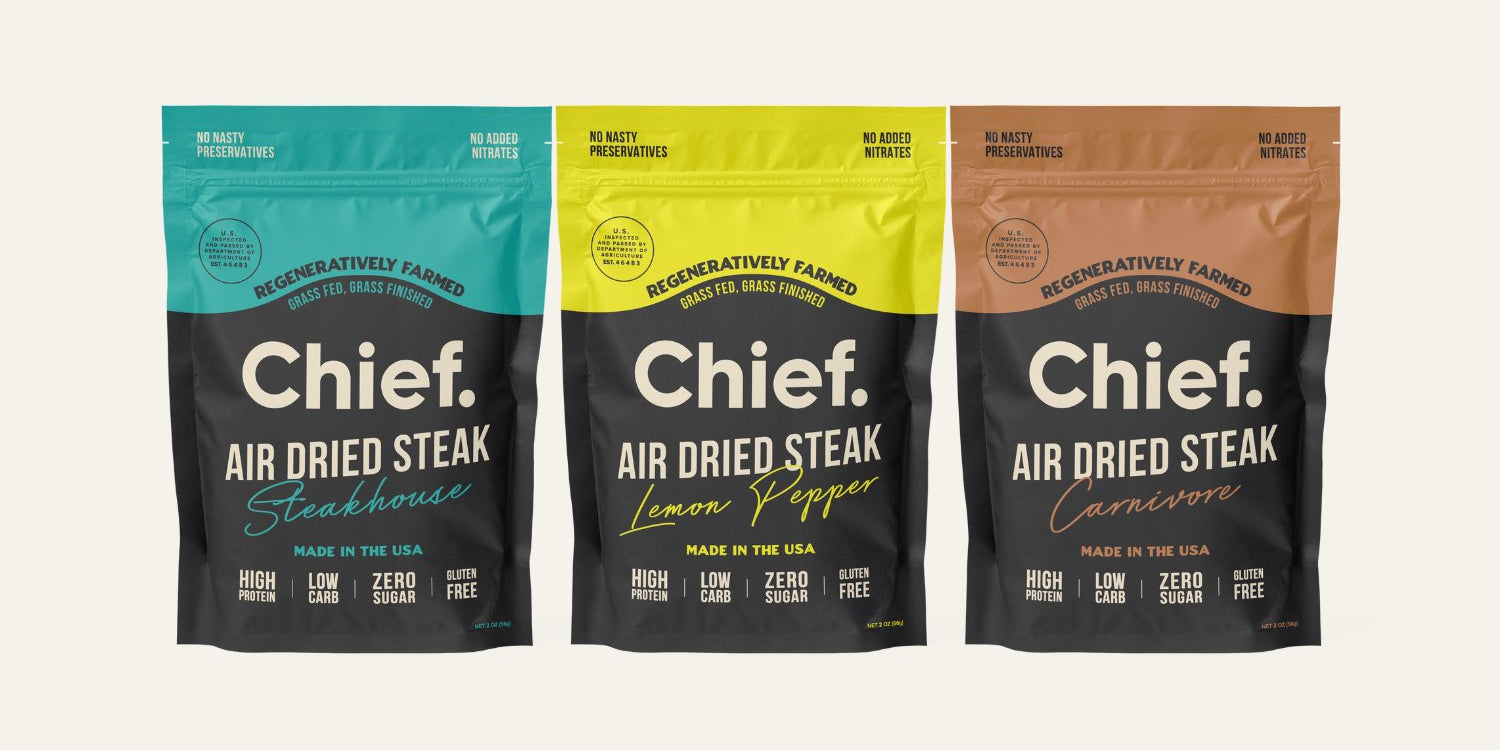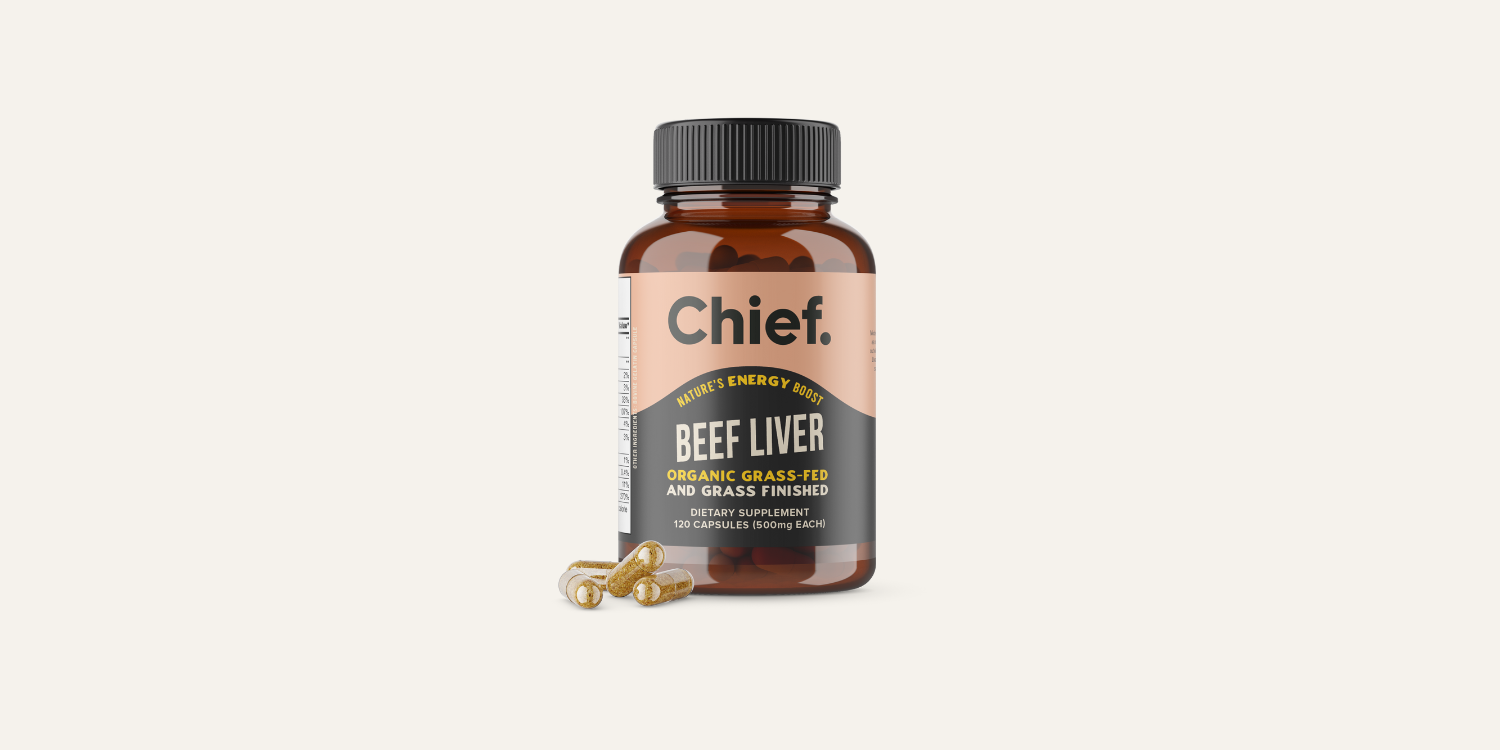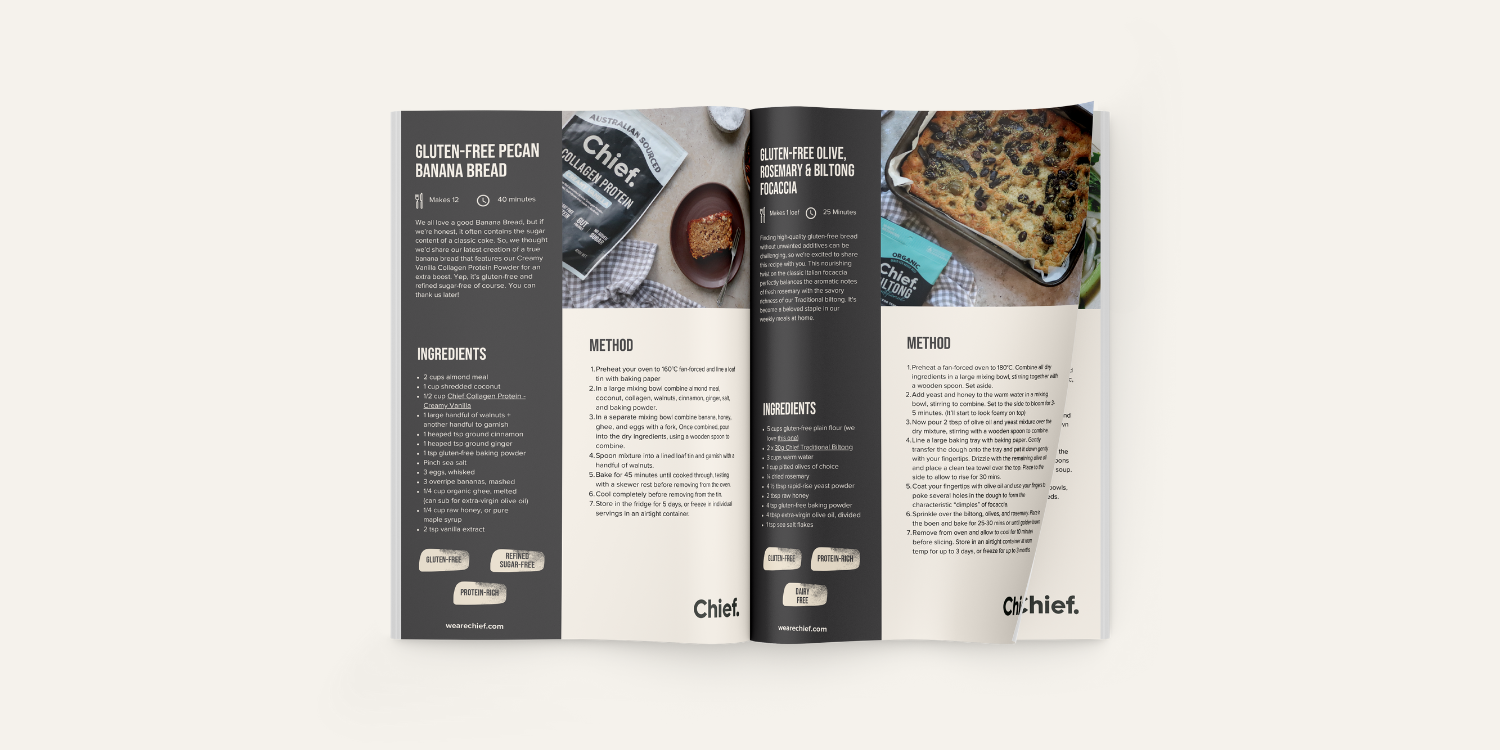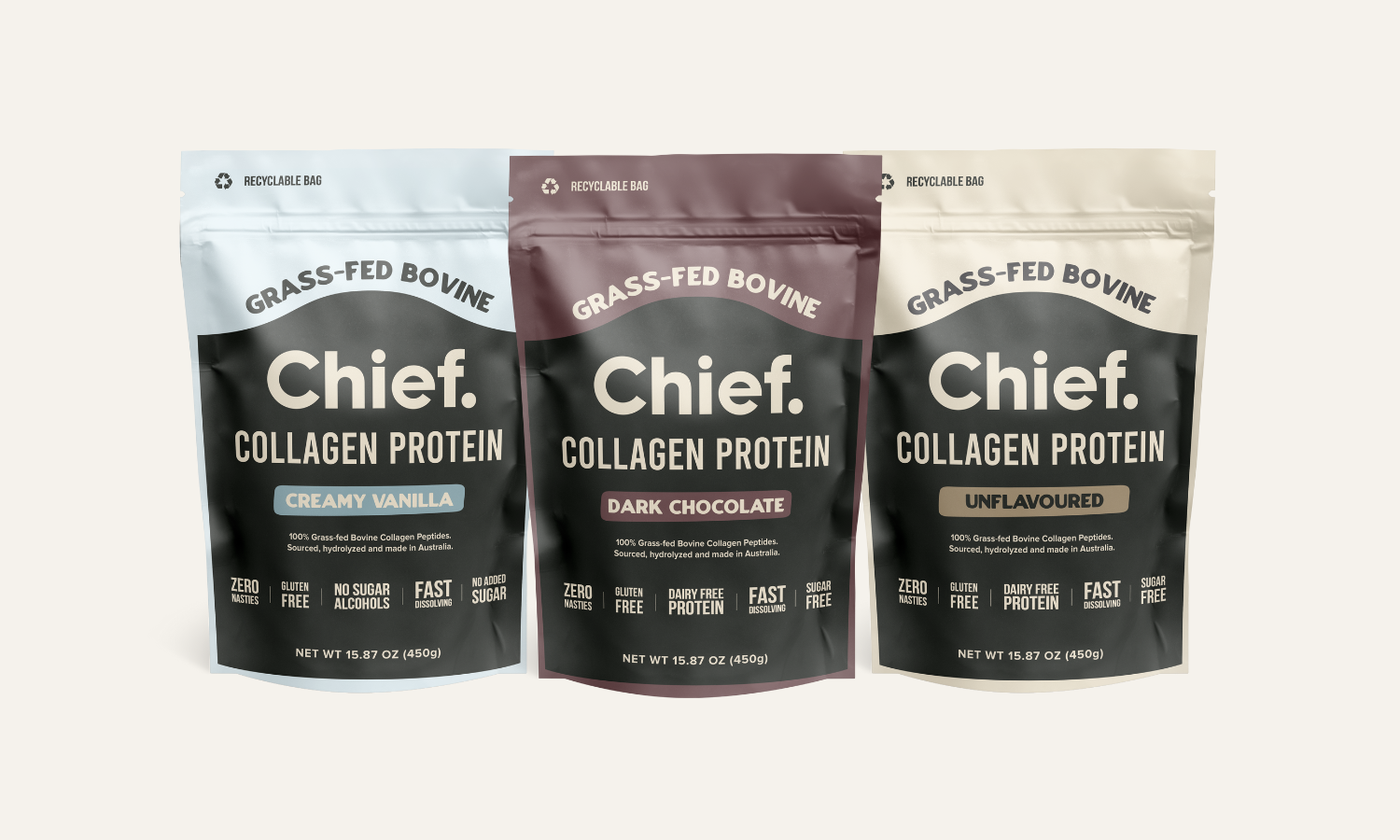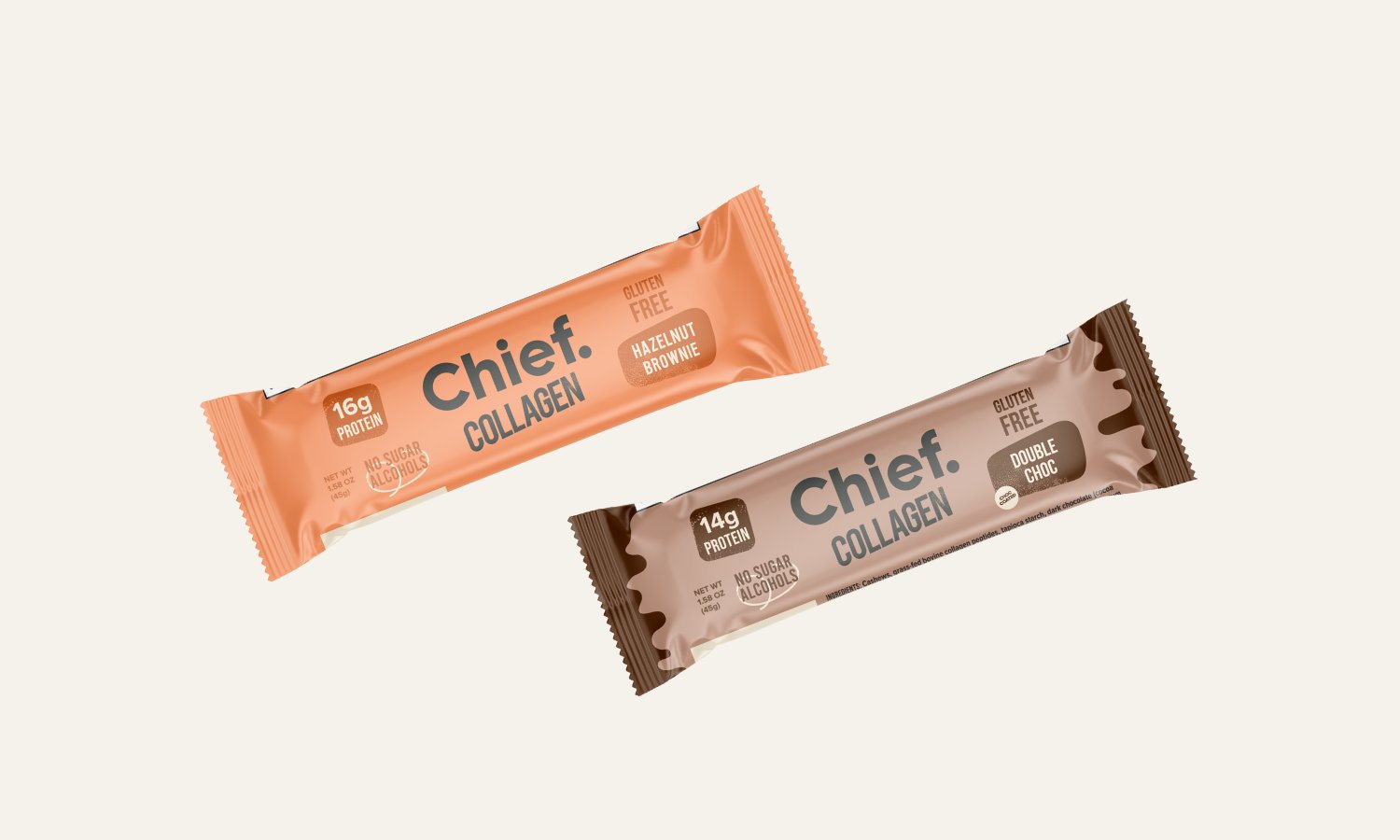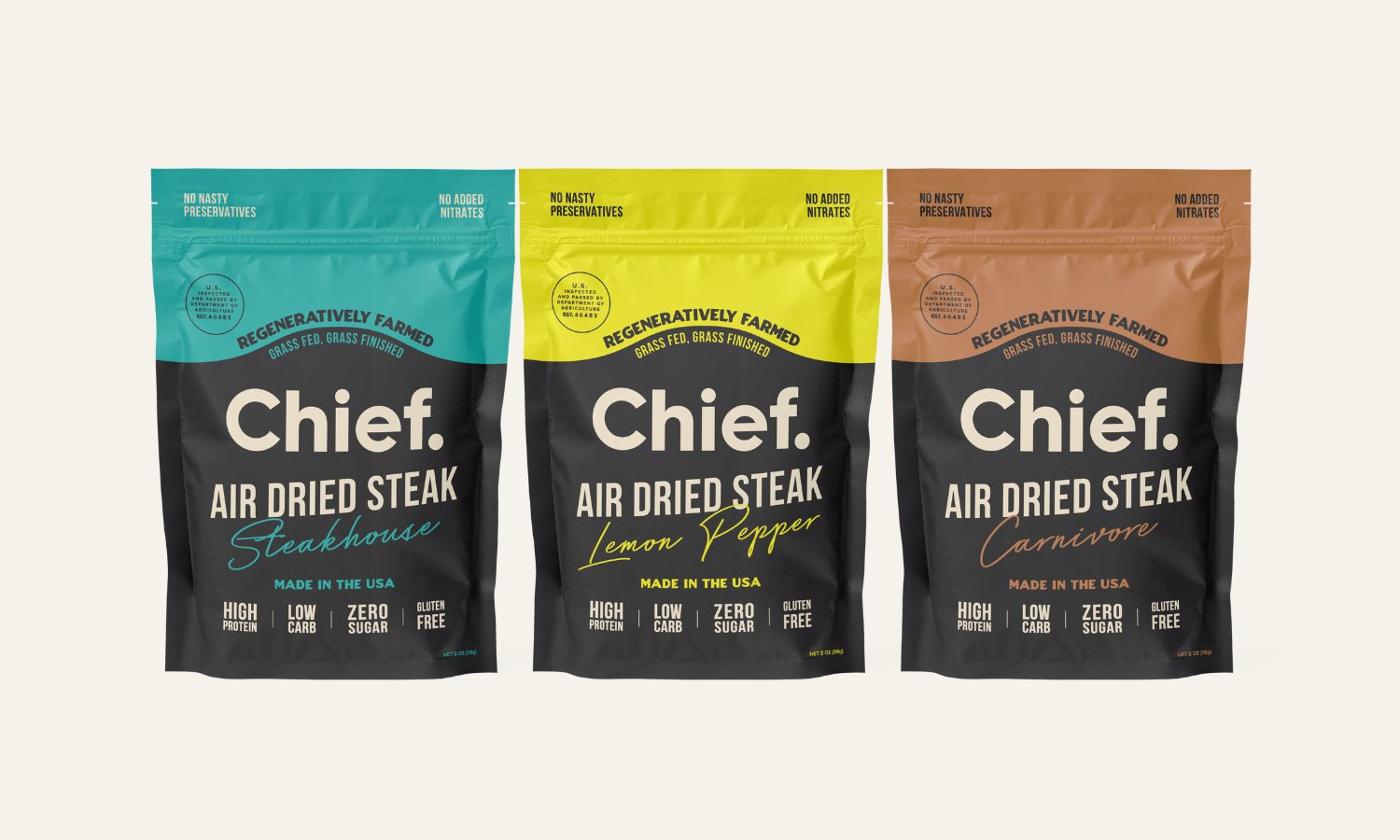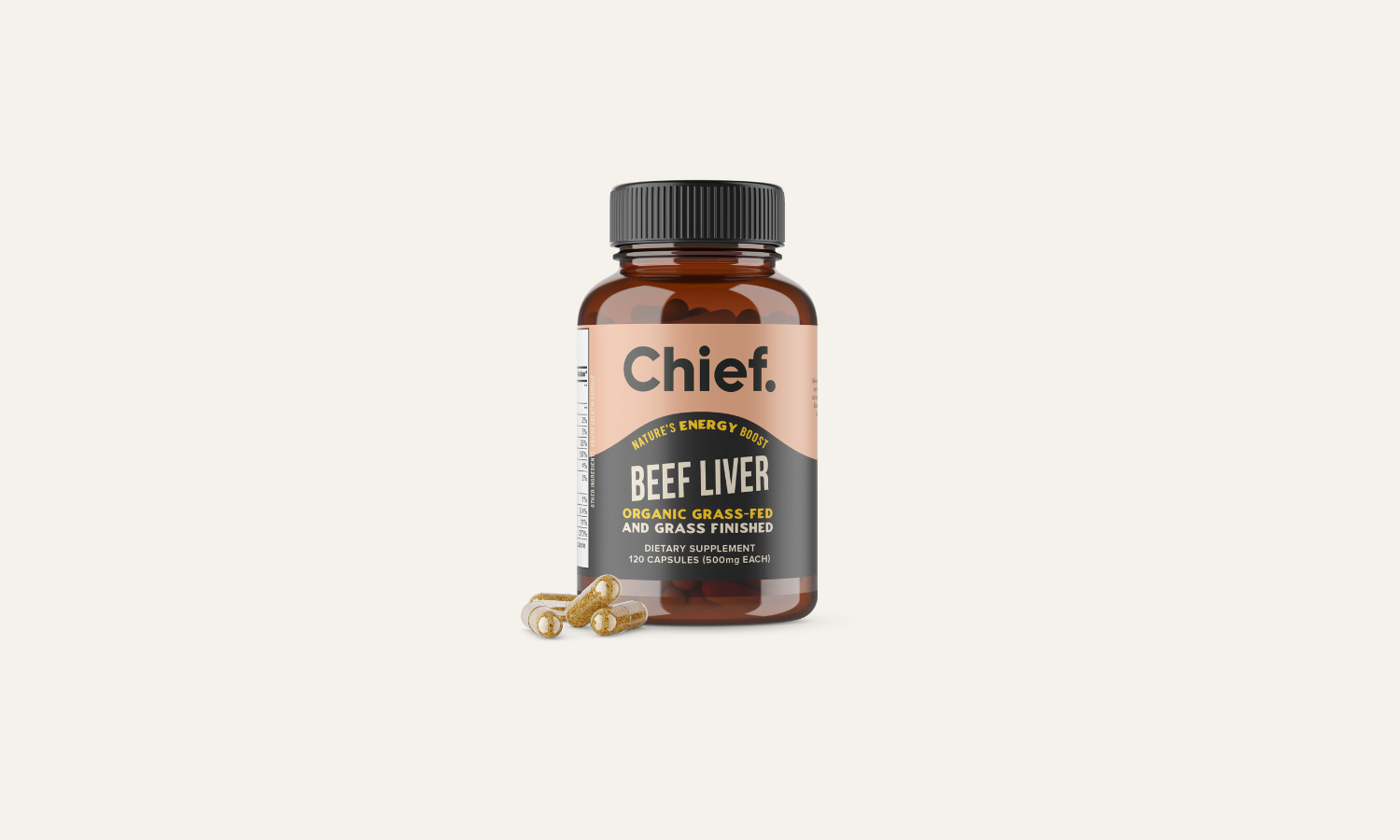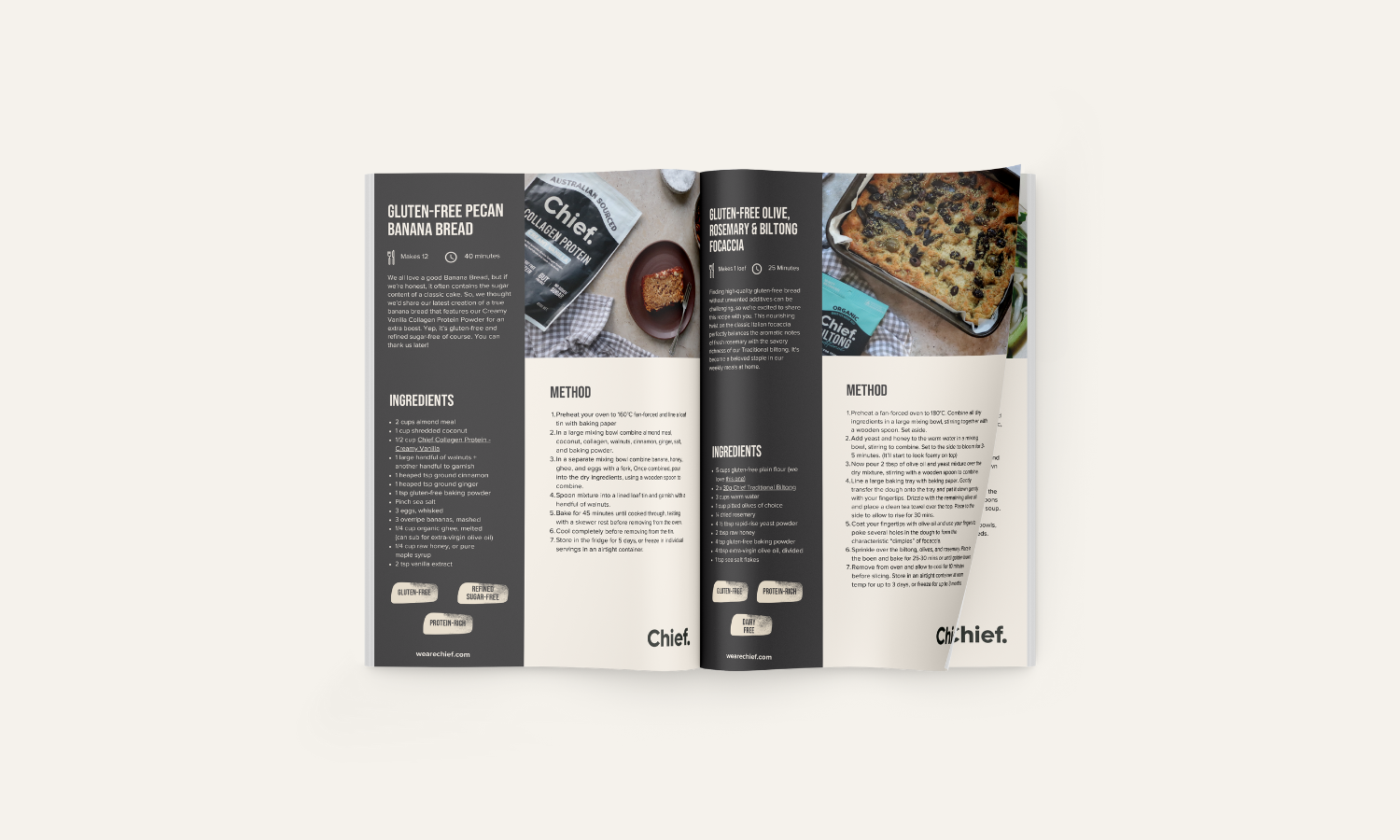What is Coeliac Disease?
Coeliac disease is a chronic autoimmune disease that affects the small bowel and other organs due to inflammation caused by gluten ingestion. Although celiac disease is hereditary, a loss of gluten tolerance can appear at any time in life due to other triggers besides gluten. For example, gastrointestinal infections, certain medications, surgery, and stress have been implicated as trigger factors. The disease affects about 1% of the population in the Western world. The only way to manage coeliac disease, get rid of the symptoms and live a long healthy life is strictly adhering to a gluten-free diet. Consuming gluten causes a wide array of debilitating symptoms and can lead to the development of severe physical, neurological and psychiatric disorders and illnesses.
Note: Gluten is a protein found in wheat, rye, and barley, and it's used widely in food processing for baking, adding flavours and improving texture. Wheat containing grains such as spelt, atta, durum, burghul, khorasan also contain gluten.
What's the difference between coeliac disease and non-coeliac gluten intolerance?
Coeliac disease is not an allergy or intolerance. It is an autoimmune disease where consuming gluten triggers inflammation that damages the small intestine's lining, leading to medical complications and preventing the absorption of some nutrients (malabsorption). The gluten threshold for inflammation, symptoms and villi damage is individual and changes over time (3). That’s why some people don’t realize they have coeliac disease until later in life.
Non-celiac gluten intolerance is a reduced tolerance to gluten causing gastrointestinal symptoms, similar to irritable bowel syndrome. Besides gluten, other potential causes of this syndrome are various components of wheat and other gluten-containing and non-gluten foodstuffs such as amylase-trypsin inhibitors and fructans (rich in fermentable oligo di-mono-saccharides and polyols or FODMAPs). Non-celiac gluten intolerance can develop throughout life with no genetic predisposition, and it's not associated with severe malabsorption or malignancy (1).
What are the micronutrient deficiencies common in celiac disease?
Coeliac disease hinders absorption of several essential nutrients and often causes deficiency in fat-soluble vitamins (A, D, E, K), iron, folate and B12.
Vitamin D absorption is commonly decreased due to fat malabsorption leading to the development of osteopenia and osteoporosis. However, strictly adhering to a gluten-free diet for 1-2 years can normalise vitamin D and calcium levels and reverse bone loss. Vitamin D supplementation is highly recommended, especially in those who have reduced bone mineral density.
Zinc is another micronutrient that can be deficient due to poor absorption. We need zinc for many different functions in the body, including protein synthesis, immune system function and skin health. Once the deficiency is resolved, long-term supplementation is usually not necessary.
Copper insufficiency caused by malabsorption can present as a combination of haematological (i.e. anaemia) and neurological abnormalities. While the haematological disorders can be resolved with supplementation, the neurological abnormalities can be permanent (1).
The only way to increase nutrient absorption is strict adherence to a gluten-free diet.
Is a gluten-free diet healthy for everyone?
Science says no! If you don't have celiac disease, a strict gluten-free diet can cause imbalances in your gut microbiome, which affects both physical and mental health and can lead to the development of various illnesses (2). Remember that 70% of your immune cells are in the gut, and many feel-good neurotransmitters are also made there. A healthy gut equals a healthy life.
Interestingly, in healthy subjects, a strict gluten-free diet leads to the depletion of beneficial bacteria in favour of opportunistic pathogens. While in subjects with celiac disease and gluten intolerance, the same diet helps restore the microbiota population and lower pro-inflammatory species (2).
Moreover, many processed gluten-free products are very unhealthy and gut-damaging when compared with their gluten-containing equivalents. Some gluten-free processed foods make up for the lack of gluten by adding various nasty additives that damage the gut lining. Most gluten-free foods are full of sugar and highly processed vegetable and seed oils while lacking fibre, good quality protein and good fats. They typically contain emulsifiers, artificial sweeteners and other synthetic additives that damage the gut even further.
Side note: our whole Chief range is naturally gluten-free and very low in sugar, free from vegetable and seed oils and full of good quality protein and fats. Our collagen bars are high in fibre too.
I'm celiac and don't stick to a gluten-free diet. What's the worst thing that can happen?
Besides suffering debilitating symptoms, repeatedly consuming gluten while having coeliac will cause chronic inflammation in the intestine, which can lead to developing a severe illness such as lymphoma and small bowel carcinomas (4). Once again, this is preventable by avoiding gluten and adopting a healthy diet. Keep in mind that many gluten-free processed products are full of inflammatory carcinogenic ingredients, and they should not be a part of the daily diet. Eating whole, unprocessed quality foods such as organic vegetables and fruits, grass-fed meat and wild-caught fish is the way to go. When you have coeliac, your small intestine and the immune system are not as efficient as in others, and you need to be super vigilant with your diet and lifestyle.
Is gluten-free really gluten-free?
Be careful when you are eating out or buying packaged foods. Gluten-free foods can be contaminated, especially in restaurants. Tests on restaurant meals revealed that 91% of foods tested in Melbourne were gluten-free and only 68% in the USA! The most contaminated were gluten-free pizza and pasta as well as dressings. The degree of inflammation caused by gluten is very individual, and even a few breadcrumbs can trigger severe symptoms in highly sensitive individuals. Regular ingestion of 50mg of gluten a day leads to damage of the small bowel. 1/50 of a slice of white bread contains 50mg of gluten!!! (3).
In Australia, a product can be labelled gluten-free if it has under 3mg of gluten per 1kg of a product, while it's 20mg in the USA. Consuming too many gluten-free processed foods every day in combination with other sources of contamination such as kitchen surfaces, utensils, and appliances can lead to a contamination build-up.
A healthy balanced diet is tricky when you have coeliac disease, and we recommend seeing a dietician or a nutritionist to learn how to eat to thrive. Our entire Chief range is naturally gluten free and a great option for anyone including coeliacs and those with gluten sensitivities.

Veronika Larisova
Co-founder and Chief Nutritionist
References
1. Al-Toma, A., Volta, U., Auricchio, R., Castillejo, G., Sanders, D. S., Cellier, C., Mulder, C. J., & Lundin, K. (2019). European Society for the Study of Coeliac Disease (ESsCD) guideline for coeliac disease and other gluten-related disorders. United European gastroenterology journal, 7(5), 583–613. https://doi.org/10.1177/2050640619844125
2. Caio, G., Lungaro, L., Segata, N., Guarino, M., Zoli, G., Volta, U., & De Giorgio, R. (2020). Effect of Gluten-Free Diet on Gut Microbiota Composition in Patients with Celiac Disease and Non-Celiac Gluten/Wheat Sensitivity. Nutrients, 12(6), 1832. https://doi.org/10.3390/nu12061832
3. Faulkner-Hogg, Kim (2020). Is gluten free really gluten free? Why it matters. https://glutagen.com/wp-content/uploads/2020/07/Gluten-and-the-GFD-Dr-Kim-Faulkner-Hogg-Slides_compressed-1.pdf
4. Marafini, I., Monteleone, G., & Stolfi, C. (2020). Association Between Celiac Disease and Cancer. International journal of molecular sciences, 21(11), 4155. https://doi.org/10.3390/ijms21114155 "


